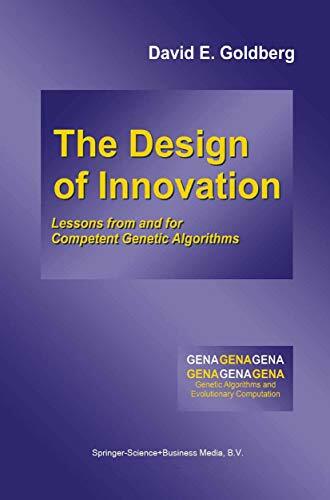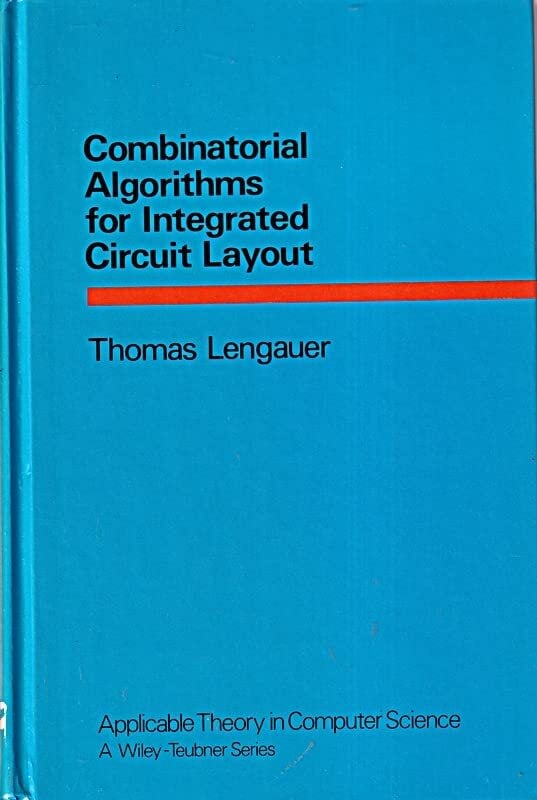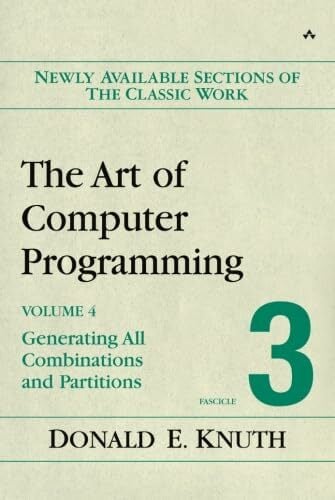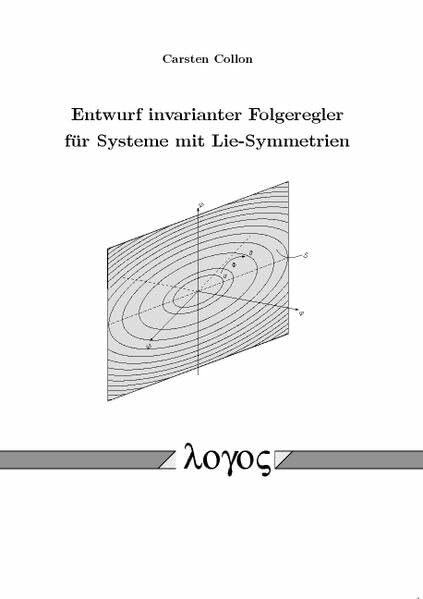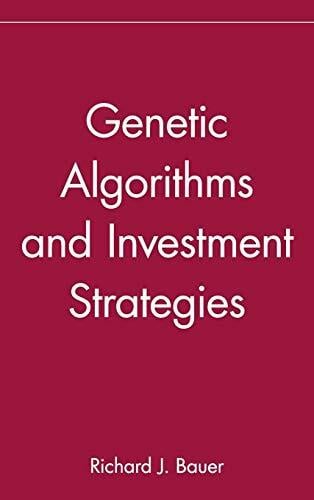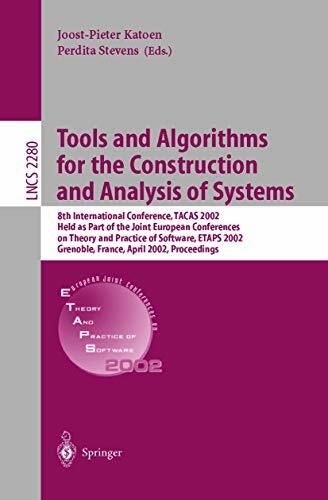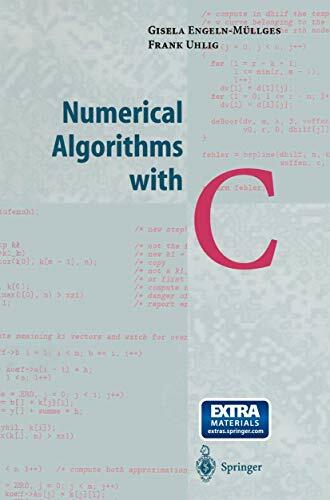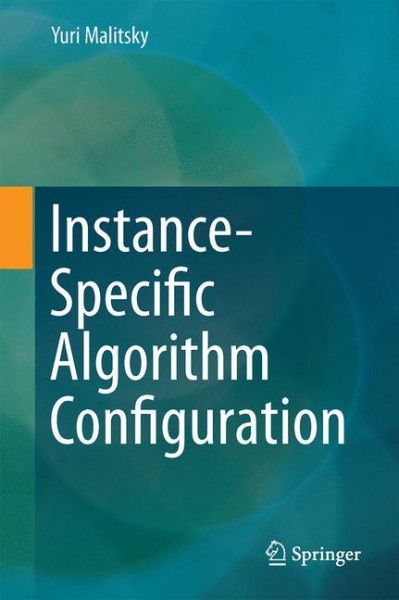
Instance-Specific Algorithm Configuration
Kurzinformation
inkl. MwSt. Versandinformationen
Artikel zZt. nicht lieferbar
Artikel zZt. nicht lieferbar

Beschreibung
This book presents a modular and expandable technique in the rapidly emerging research area of automatic configuration and selection of the best algorithm for the instance at hand. The author presents the basic model behind ISAC and then details a number of modifications and practical applications. In particular, he addresses automated feature generation, offline algorithm configuration for portfolio generation, algorithm selection, adaptive solvers, online tuning, and parallelization. The author's related thesis was honorably mentioned (runner-up) for the ACP Dissertation Award in 2014, and this book includes some expanded sections and notes on recent developments. Additionally, the techniques described in this book have been successfully applied to a number of solvers competing in the SAT and MaxSAT International Competitions, winning a total of 18 gold medals between 2011 and 2014. The book will be of interest to researchers and practitioners in artificial intelligence, in particular in the area of machine learning and constraint programming. von Malitsky, Yuri
Produktdetails

So garantieren wir Dir zu jeder Zeit Premiumqualität.
Über den Autor
Dr. Yuri Malitsky received his PhD from Brown University in 2012 for his work on the Instance-Specific Algorithm Configuration (ISAC) approach. He was a postdoc in the Cork Constraint Computation Centre from 2012 to 2014. He is now a postdoc at the IBM Thomas J. Watson Research Center, working on problems in machine learning, combinatorial optimization, data mining, and data analytics. Dr. Malitsky's research focuses on applying machine learning techniques to improve the performance of combinatorial optimization and constraint satisfaction solvers. In particular, his work centers around automated algorithm configuration, algorithm portfolios, algorithm scheduling, and adaptive search strategies, aiming to develop the mechanisms to determine the structures of problems and their association with the behaviors of different solvers, and to develop methodologies that automatically adapt existing tools to the instances they will be evaluated on.
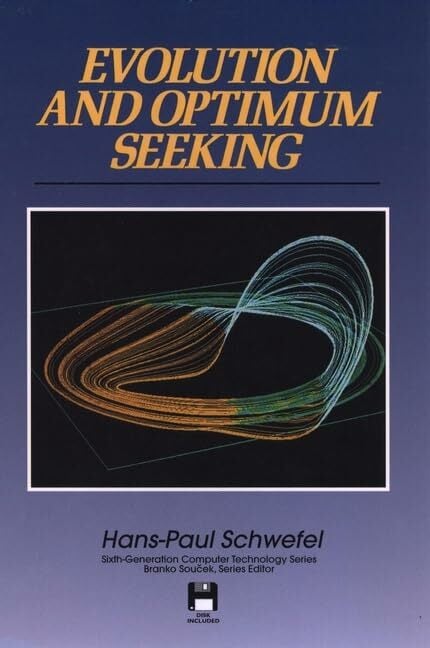
- hardcover
- 456 Seiten
- Erschienen 1995
- Wiley VCH

- Hardcover
- 722 Seiten
- John Wiley & Sons

- Kartoniert
- 408 Seiten
- Erschienen 2003
- Springer

- Gebunden
- 360 Seiten
- Erschienen 2009
- Springer

- paperback
- 849 Seiten
- Erschienen 2021
- Springer
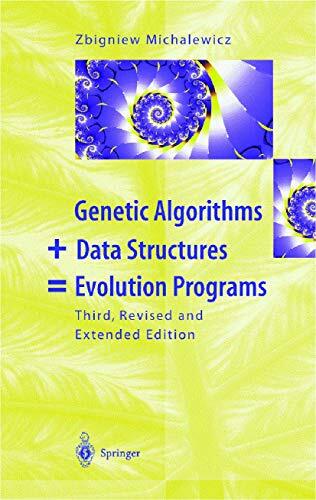
- Gebunden
- 387 Seiten
- Erschienen 1998
- Springer

- Gebunden
- 326 Seiten
- Erschienen 2007
- Springer

- hardcover
- 576 Seiten
- Erschienen 1997
- Springer

- Gebunden
- 400 Seiten
- Erschienen 2011
- Springer

- Kartoniert
- 598 Seiten
- Erschienen 2012
- Springer

- Kartoniert
- 551 Seiten
- Erschienen 1996
- Springer









